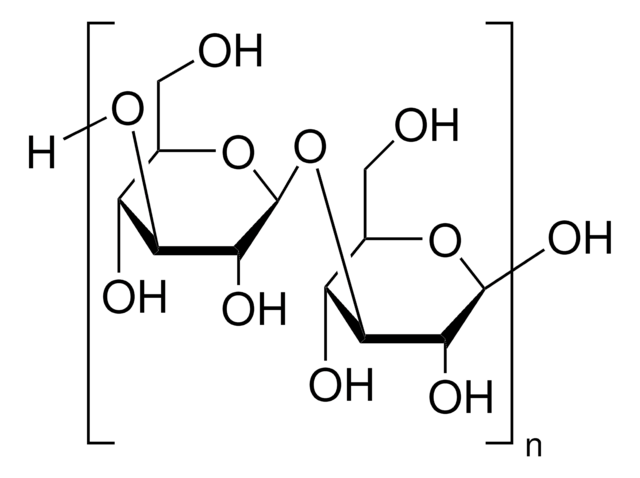AV34917
Anti-CLCNKB (AB1) antibody produced in rabbit
affinity isolated antibody
Sinónimos:
Anti-Chloride channel Kb
About This Item
Productos recomendados
origen biológico
rabbit
Nivel de calidad
conjugado
unconjugated
forma del anticuerpo
affinity isolated antibody
tipo de anticuerpo
primary antibodies
clon
polyclonal
formulario
buffered aqueous solution
mol peso
76 kDa
reactividad de especies
pig, horse, bovine, human
concentración
0.5 mg - 1 mg/mL
técnicas
western blot: suitable
Nº de acceso NCBI
Nº de acceso UniProt
Condiciones de envío
wet ice
temp. de almacenamiento
−20°C
modificación del objetivo postraduccional
unmodified
Información sobre el gen
human ... CLCNKB(1188)
Descripción general
Rabbit Anti-CLCNKB antibody recognizes human, mouse, rat, canine, rabbit, and bovine CLCNKB.
Inmunógeno
Aplicación
Acciones bioquímicas o fisiológicas
Secuencia
Forma física
Cláusula de descargo de responsabilidad
¿No encuentra el producto adecuado?
Pruebe nuestro Herramienta de selección de productos.
Código de clase de almacenamiento
10 - Combustible liquids
Clase de riesgo para el agua (WGK)
WGK 2
Punto de inflamabilidad (°F)
Not applicable
Punto de inflamabilidad (°C)
Not applicable
Certificados de análisis (COA)
Busque Certificados de análisis (COA) introduciendo el número de lote del producto. Los números de lote se encuentran en la etiqueta del producto después de las palabras «Lot» o «Batch»
¿Ya tiene este producto?
Encuentre la documentación para los productos que ha comprado recientemente en la Biblioteca de documentos.
Nuestro equipo de científicos tiene experiencia en todas las áreas de investigación: Ciencias de la vida, Ciencia de los materiales, Síntesis química, Cromatografía, Analítica y muchas otras.
Póngase en contacto con el Servicio técnico